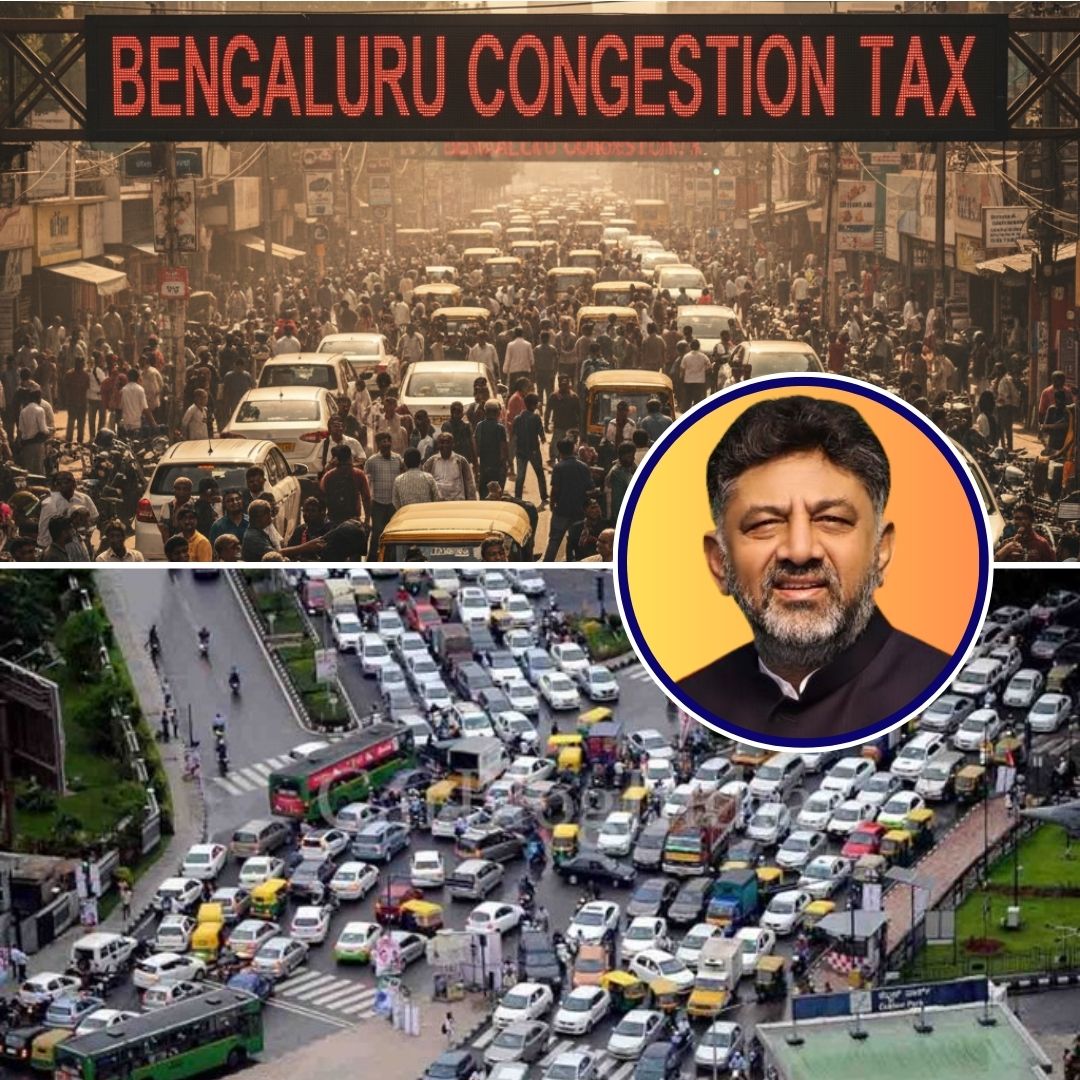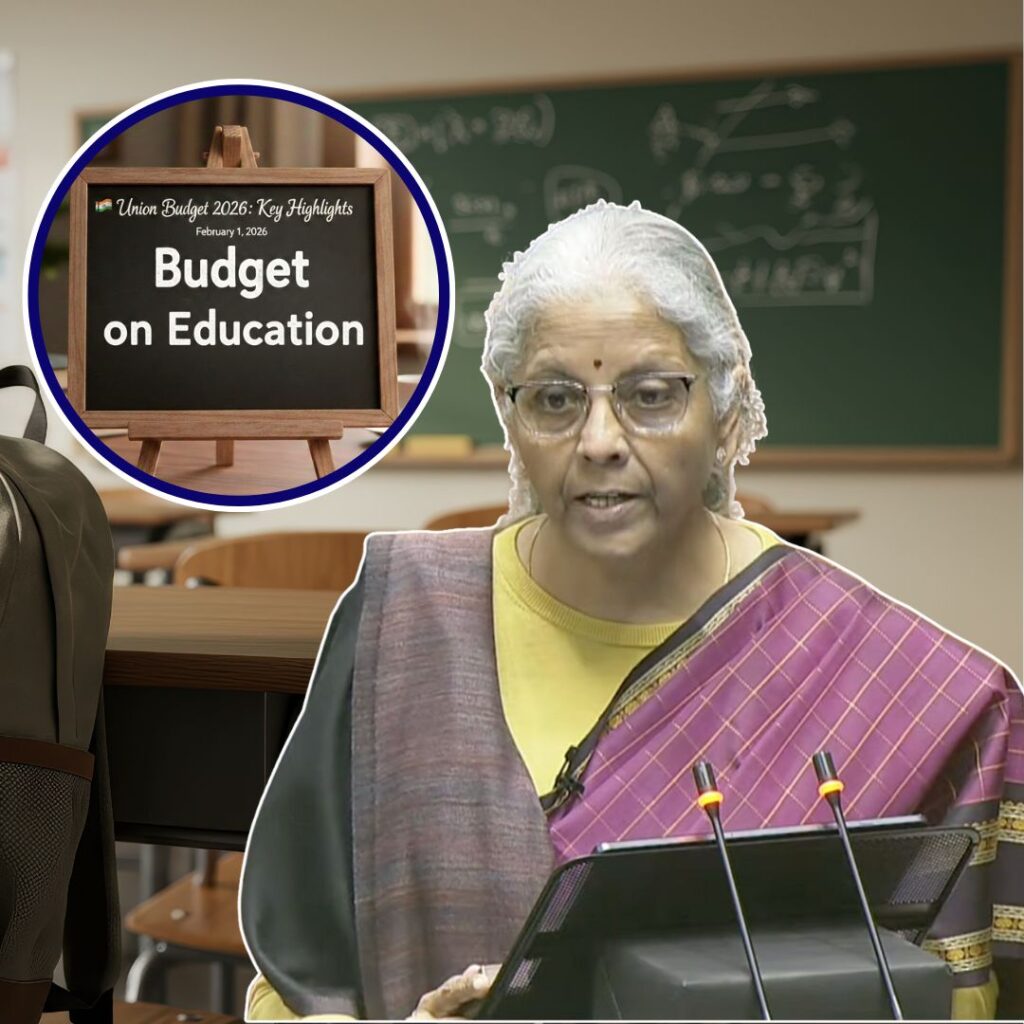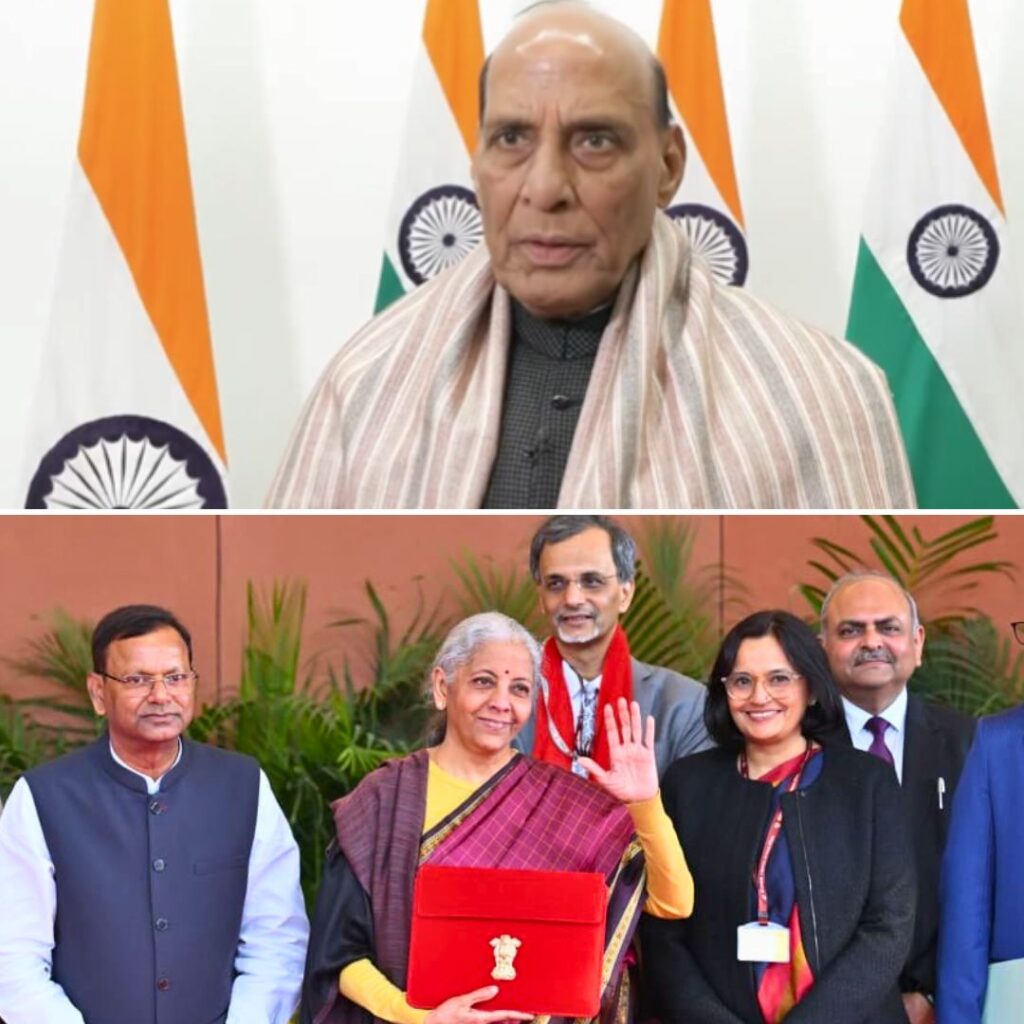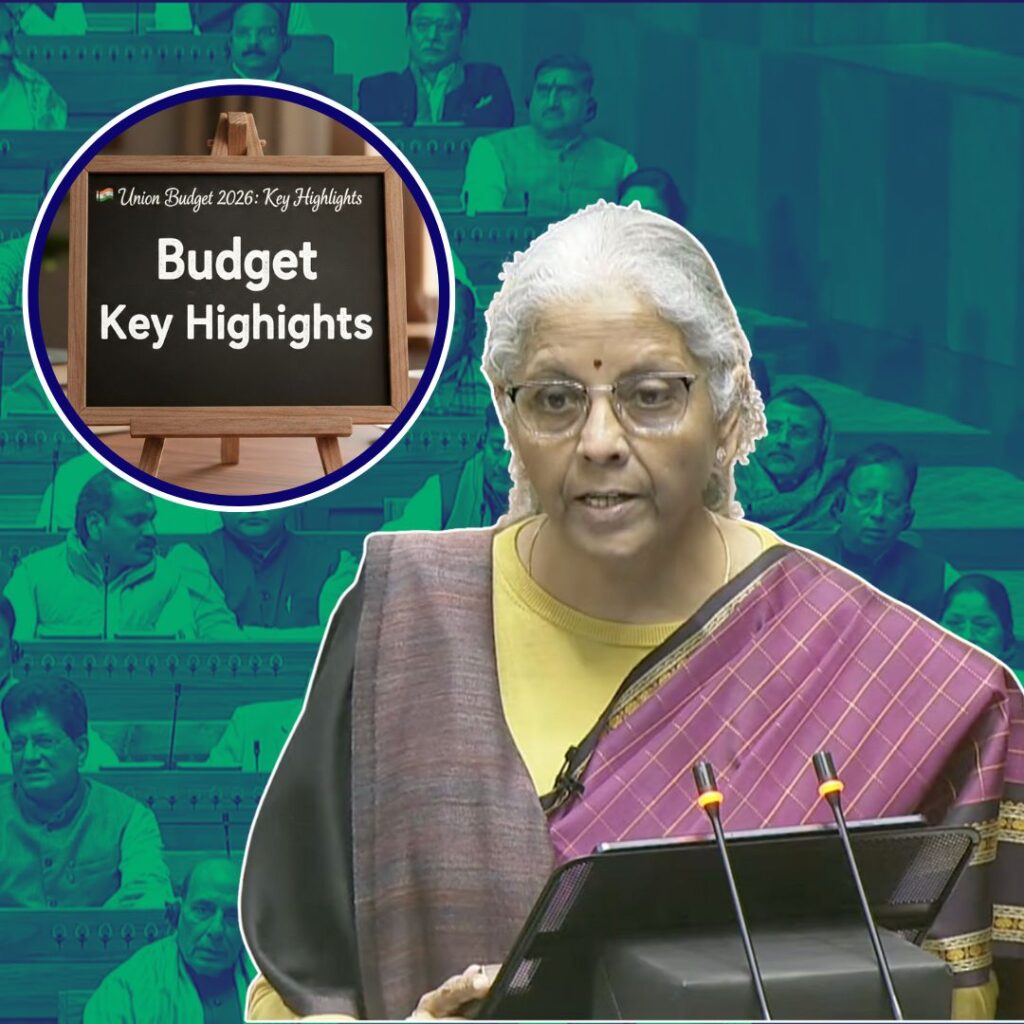Karnataka Deputy Chief Minister DK Shivakumar has unequivocally clarified that there are no plans to impose a congestion tax on vehicles in Bengaluru, as per India Today dispelling recent media speculation and expert proposals discussed within urban planning circles.
Despite the city’s severe traffic congestion, which has been exacerbated by the doubling of its vehicle population to over 1.2 crore by 2025, the government insists its strategy lies in major infrastructure projects such as peripheral ring roads, express flyovers, tunnels, and double-decker roads rather than taxation.
While some industrialists and urban experts had floated the idea of charging single-occupancy vehicles on congested corridors like the Outer Ring Road, the government maintains this remains a suggestion without official sanction. Meanwhile, opposition parties have criticised the government’s handling of traffic issues, urging for better road maintenance instead of added levies.
Government Focuses on Big Infrastructure Over Taxation
The congestion tax proposal envisaged levying fees on single-occupancy cars entering high-density traffic corridors, automatically deducted using electronic FASTag systems, to discourage solo driving and promote carpooling and public transit usage. This concept gained traction amid growing frustration over Bengaluru’s notorious traffic jams and deteriorating road conditions.
However, Deputy Chief Minister DK Shivakumar dismissed rumours of such a tax as false, emphasising no official plans have been approved or presented to the government. Instead, he highlighted ongoing and upcoming infrastructure projects including a 100 km peripheral ring road business corridor, multiple express flyovers, tunnels, and plans for double-decker roads aimed at addressing traffic more sustainably. Government officials clarified that while expert suggestions and industry inputs exist, these are under review and not government policy.
Opposition leader R Ashoka criticised the Siddaramaiah administration’s approach, calling proposals impractical and prioritising taxation over basic road repairs.
Bengaluru’s Traffic Challenges: Background and Context
Bengaluru’s vehicle fleet has ballooned dramatically, with daily registrations exceeding 2,000 vehicles and a total exceeding 1.2 crore as of August 2025. This surge has overwhelmed the city’s infrastructure, especially on vital stretches like the Outer Ring Road where traffic volumes exceed road capacity two to three times. Traffic congestion costs the city an estimated Rs 19,725 crore annually in lost productivity.
Urban experts have proposed congestion pricing as a potential tool to reduce traffic, following models from global cities like London and Singapore. Yet, Bengaluru’s public transport system remains underdeveloped. The Bruhat Bengaluru Mahanagara Palike’s bus fleet is insufficient, and while the metro network currently spans about 96 km with 79 km under construction, its reach and frequency remain limited.
Critics argue that without substantial improvements in public and last-mile transit connectivity, congestion taxes could disproportionately affect commuters reliant on private vehicles.
The Logical Indian’s Perspective
The Logical Indian welcomes the government’s focus on large-scale infrastructure development as a necessary foundation to tackling Bengaluru’s traffic woes. However, urban mobility challenges require a holistic approach encompassing both physical infrastructure and enhancements in public transport, pedestrian facilities, and sustainable travel incentives.
The rejection of a congestion tax should be seen as an opportunity to foster transparent, participatory dialogue between policymakers, experts, and citizens to design solutions that are equitable and environmentally responsible. Bengaluru’s future lies in balanced urban growth, where investment in roads must be complemented by accessible, reliable public transit and innovative demand-management policies.
Namma Bengaluru’s infrastructure works are being carried out with clear timelines and strict quality checks, and I am personally visiting the sites to oversee progress on the ground. Our aim is to deliver lasting improvements that reinforce the vision of Brand Bengaluru.… pic.twitter.com/Gnc6KwBE9Z
— DK Shivakumar (@DKShivakumar) September 30, 2025












